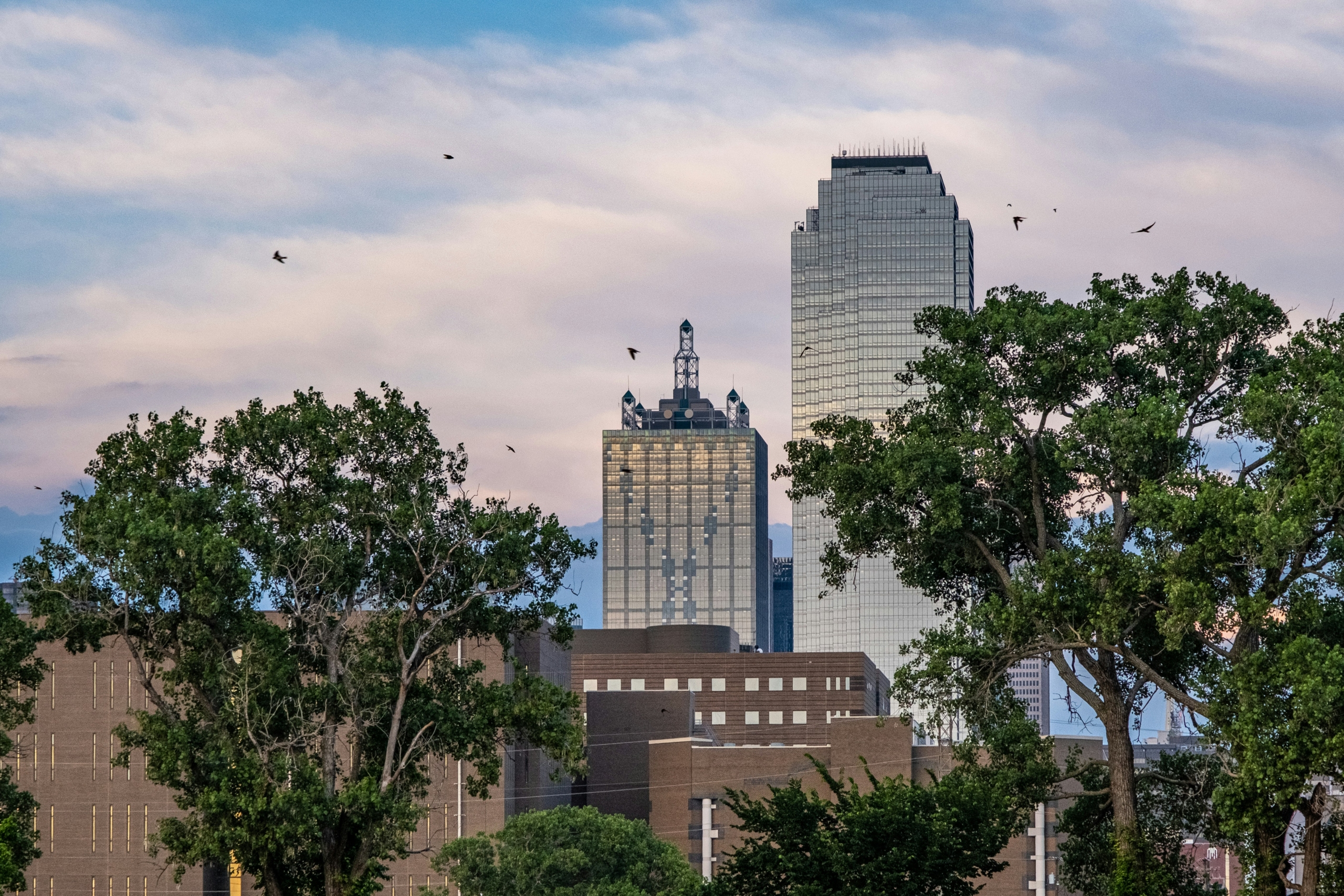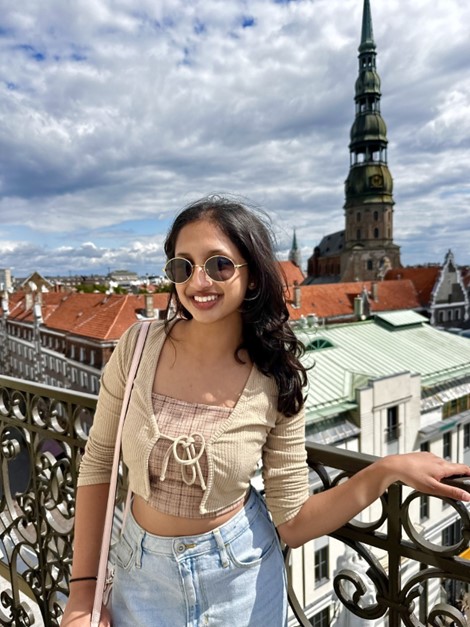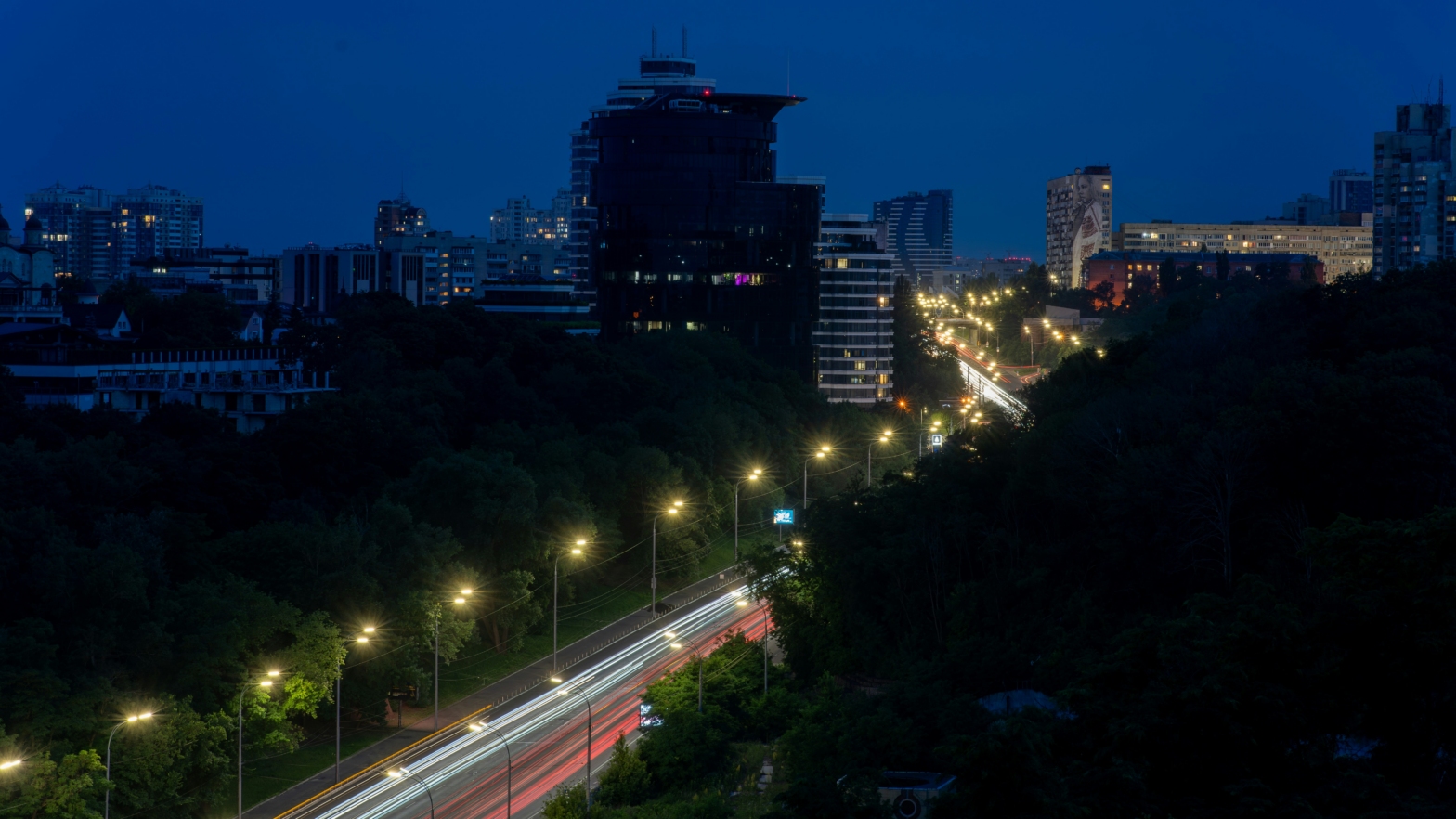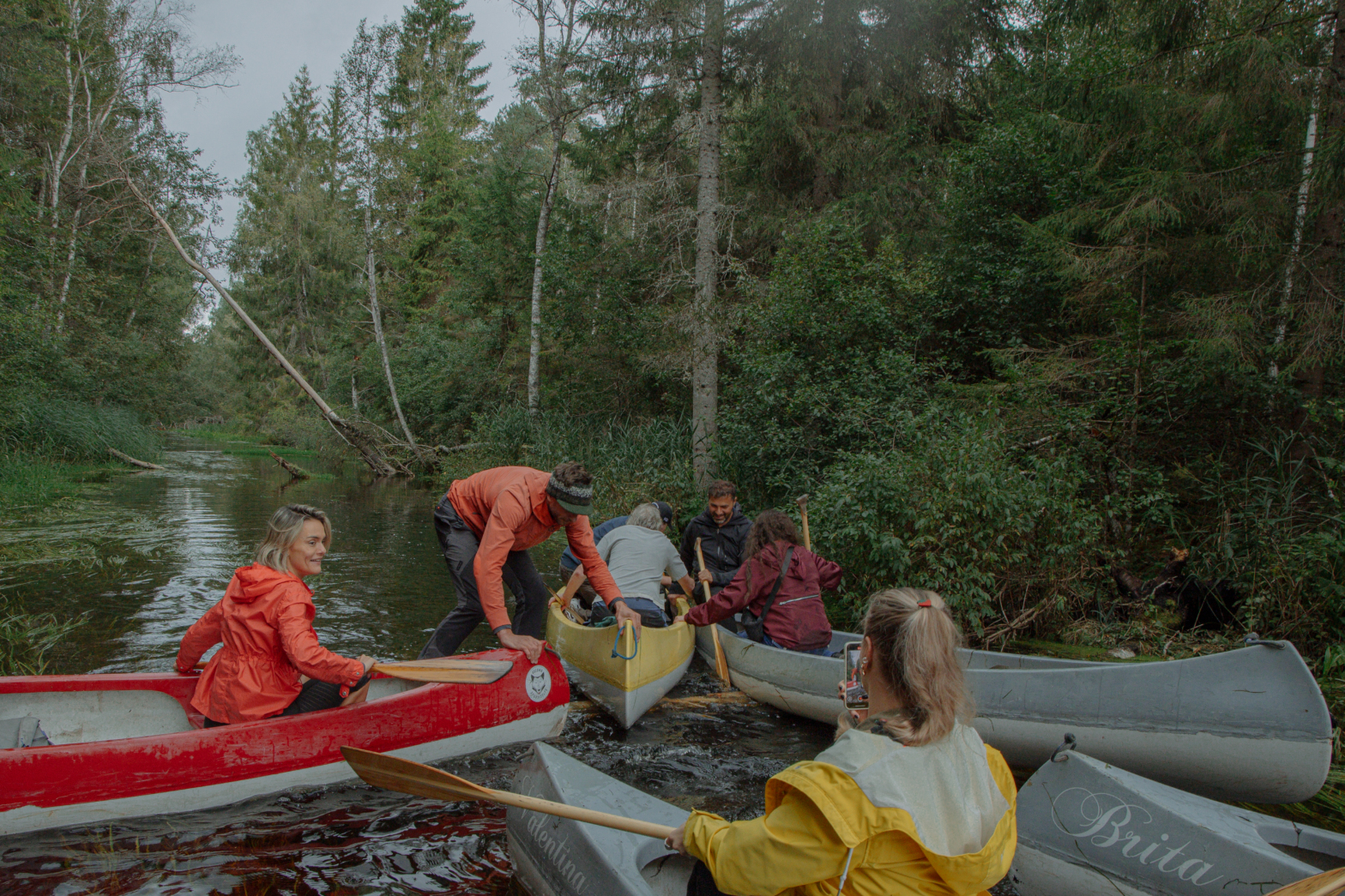In the summer of 2024, the FinEst Centre has the pleasure of hosting two interns from Stanford University. Interns were visiting Estonia through the Stanford Baltics Exchange Program that also enabled Assistant Professor Ralf-Martin Soe, the founding director of the FinEst Centre, to visit Stanford as a Global Digital Governance Fellow in 2023.
The internship in 2024 is part of an ongoing effort to build continuous collaboration between the smart cities’ community at Stanford and Estonia.
Now, get to know Ishrita, one of the curious and ambitious interns who spent her summer in Tallinn, Estonia and working with the FinEst Centre for Smart Cities.




